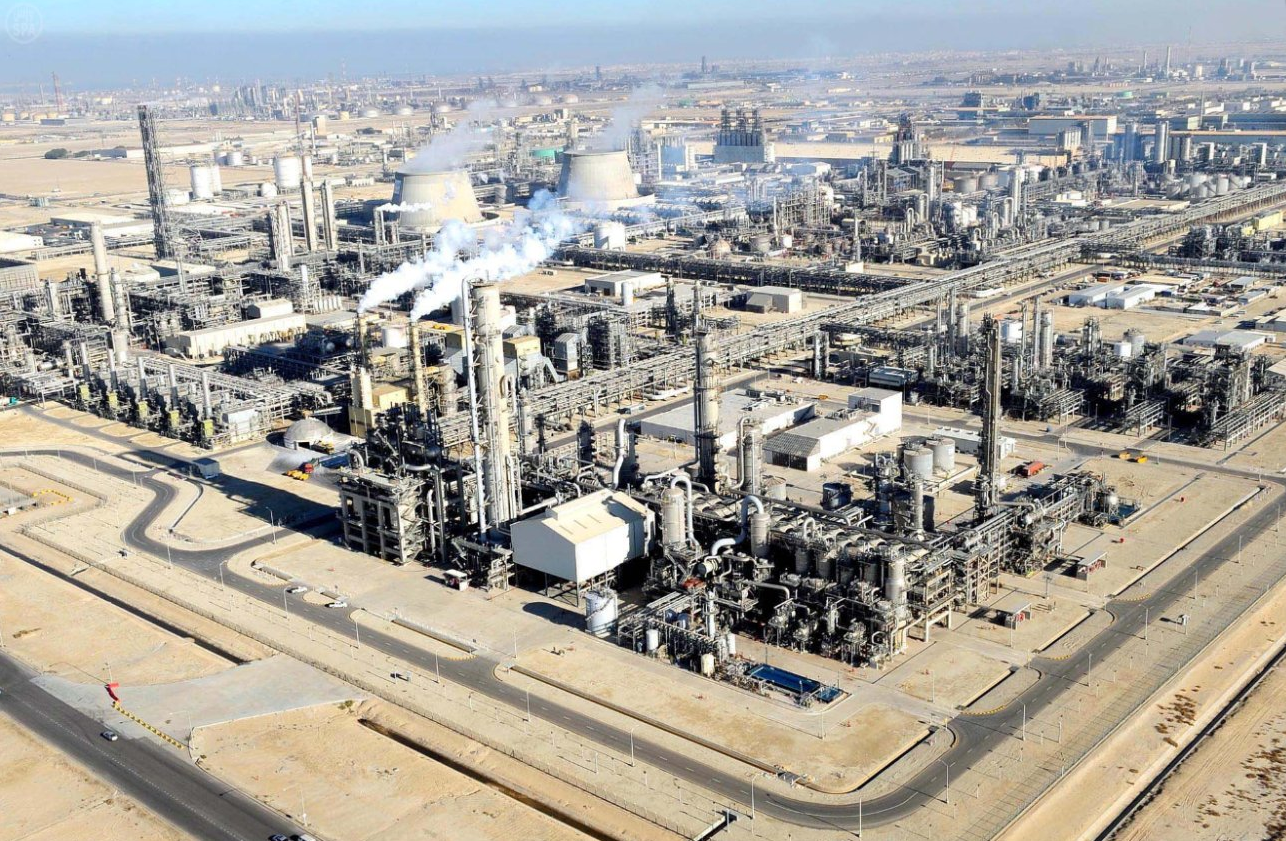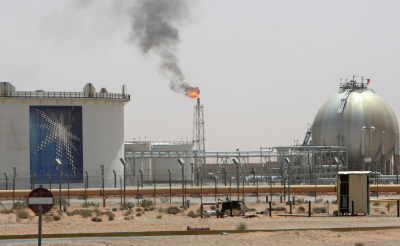With shrinking assets and a growing budget imbalance, Saudi Arabia is reportedly eying cuts to its domestic energy subsidy program, long a third rail for Saudi domestic politics.
Although a reduction in energy subsidies could help the government balance its budget, the subsidies may be challenging politically.
“On paper, ditching subsidies would close around two-thirds of the budget shortfall. In reality, things aren’t so easy. Saudis consider paying around 15 U.S. cents per litre for a tank of gasoline almost as a birthright,” writes Andy Critchlow in Reuters.
Put simply, the issue is that the more Saudi Arabia consumes of its oil domestically, the less it has to export globally, and subsidies make consumption cheap for Saudi citizens and companies. When prices are high, this is even more costly for the country, but even at current levels, Saudi Arabia is missing out on revenue and inefficiently consuming its most precious natural resource.
Energy subsidies cost Saudi Arabia roughly $120 billion dollars in 2014, according to John Sfakianakis of Ashmore Group. With oil prices halved since then, Energy subsidies are set to cost Saudi Arabia $52 billion this year, or 8 percent of gross domestic product, according to Bloomberg. Saudi Arabia’s energy subsidy program is roughly 25% of all energy subsidies worldwide.
“Energy subsidies remove $120 billion from a government budget at the expense of much-needed investment in health care, education and infrastructure,” Sfakianakis wrote in an analysis on energy subsidies for SUSTG last year. “”More than 2.4 million barrels of (subsidized) oil are being consumed each day within Saudi Arabia. Using more of the oil today, leaves fewer resources for future generations to benefit.”
“Now is the time for subsidy reform.”
Saudi Arabia is working to provide greater public transportation options to its citizens. An ambitious $22 billion metro rail project in Riyadh is underway and should be completed within the decade, and other train projects are beginning to criss-cross the country.
Although gas prices for Saudi drivers are some of the lowest globally, businesses, too, rely on subsidies to be competitive. On natural gas, Saudi Arabia’s subsidies cost $11.73 billion last year, according to figures from the IMF.
“We should be careful not to kill the golden goose as it took us 30 years to build the golden goose and we can kill it easily,” Tasnee CEO Mutlaq al-Morished said in an interview.
“Today, an increase beyond a logical 10-15 percent is going to be detrimental to the chemical industry.”










